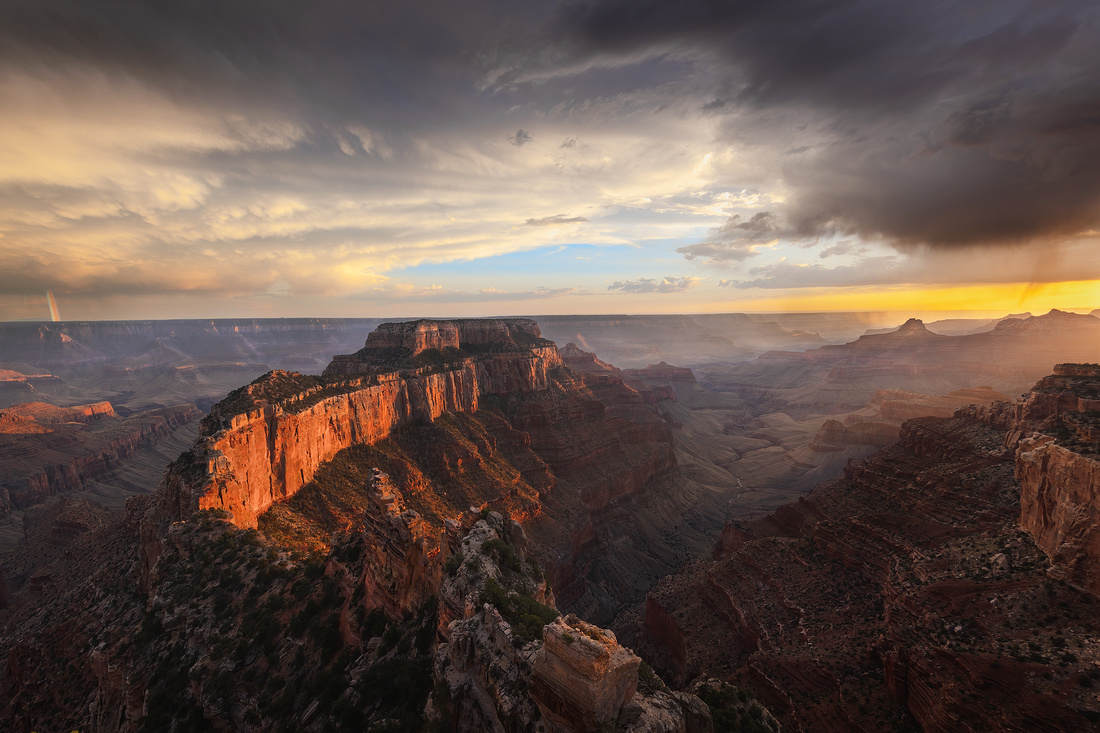Wotan—Deity, Summit, or Wednesday?


Wotan—Deity, Summit, and Wednesday?
What connects an ancient Germanic deity, a Grand Canyon summit, and the third day of the week? It all started thousands of years ago.
Wotan was the chief god of Germanic paganism. His multiple names, including Wodan and Odin, all stem from the Proto-Germanic theonym Wōðanaz, meaning “lord of frenzy” or “leader of the possessed.”
Wotan was a prominent god in Northern Europe before Christianity took hold. Early historical records contain references to him beginning with the Roman occupation of Germania (2 BCE) and continuing into the Viking Age (8th to 11th centuries CE). In the modern period, the rural folklore of Germanic Europe continued to acknowledge Odin.
The Summit
It’s named after Wotan. Geologist François E. Matthes followed prolific U.S. Geologic Service field geologist Clarence Dutton's practice of naming Grand Canyon geographical features after mythological deities.
Wednesday
Why is the third day of the week named Wednesday? And why is the D silent? What the heck?!?
Just because you can’t hear the D doesn’t mean it isn’t there. So where did this D come from? And why don’t we pronounce it?
Wednesday has Germanic linguistic origins. It is derived from the Old English word, Wōdnesdæg, which honors the Germanic god Wodan (note the D).
Interestingly, Wōdnesdæg evolved to Wednesdei in the transition from Old English to Middle English. This may have been due to increased French linguistic influence. After roughly two thousand years of a silent D in Wednesday, it probably isn’t going away anytime soon.
The Shot
What a coincidence! On a Wednesday evening, the 26th of July, I was at Cape Royal admiring the sunset over Wotan’s Throne at the North Rim of the Grand Canyon.
The conditions quickened my pulse. There was gorgeous sunset light illuminating the sheets of falling rain to the west. In the south, a patch of blue sky was peeking through. And to the east, a captivating bit of refracted sunlight caught my eye. It was a sunset for the ages.
Thanks for looking,
Chuck Derus